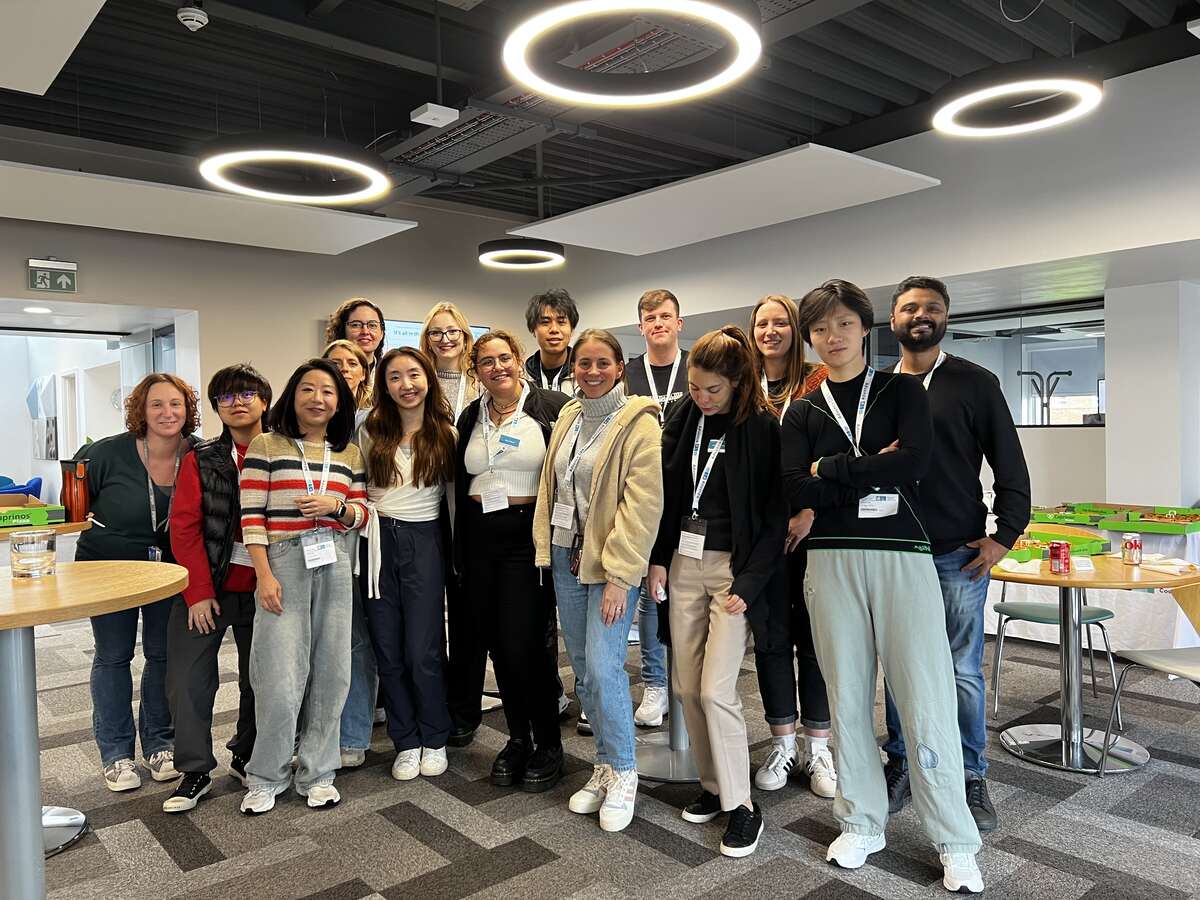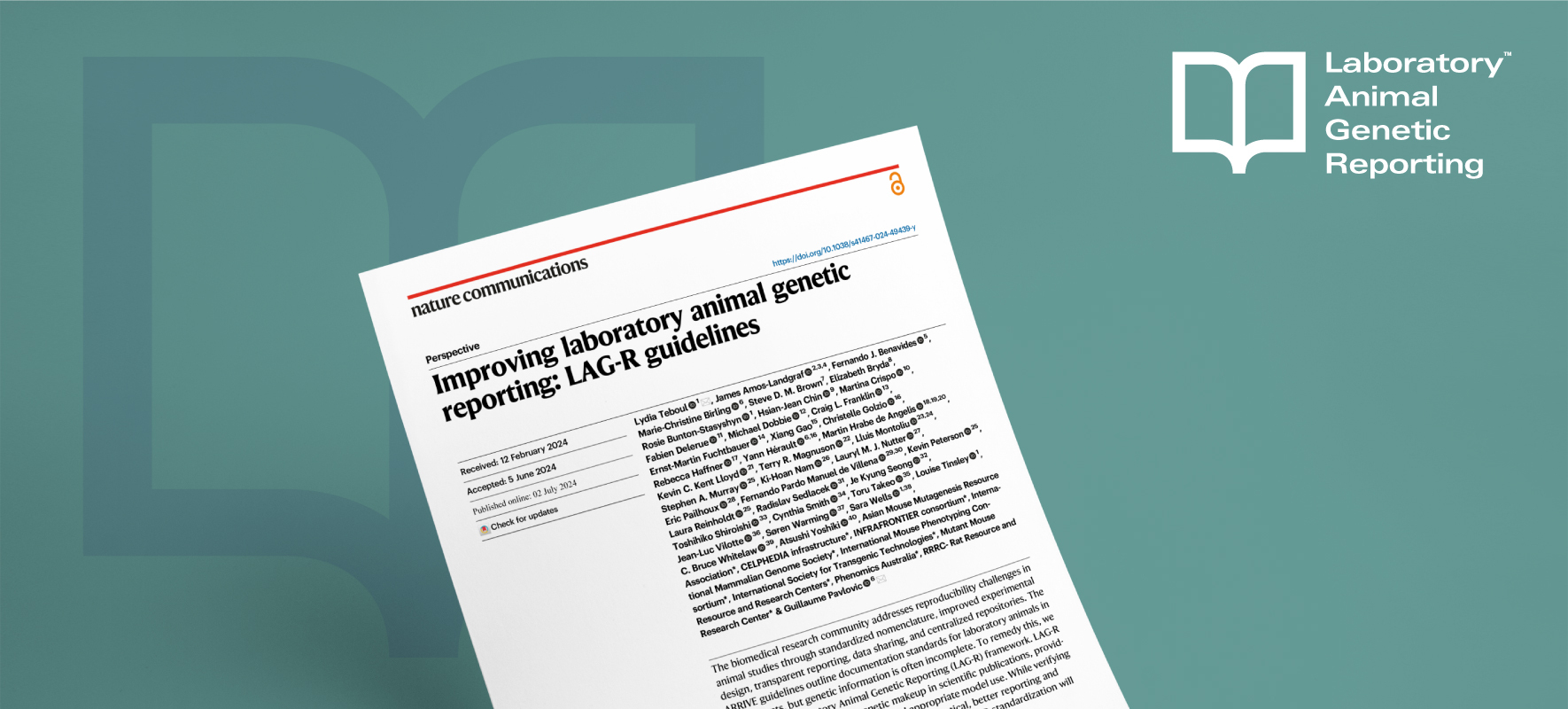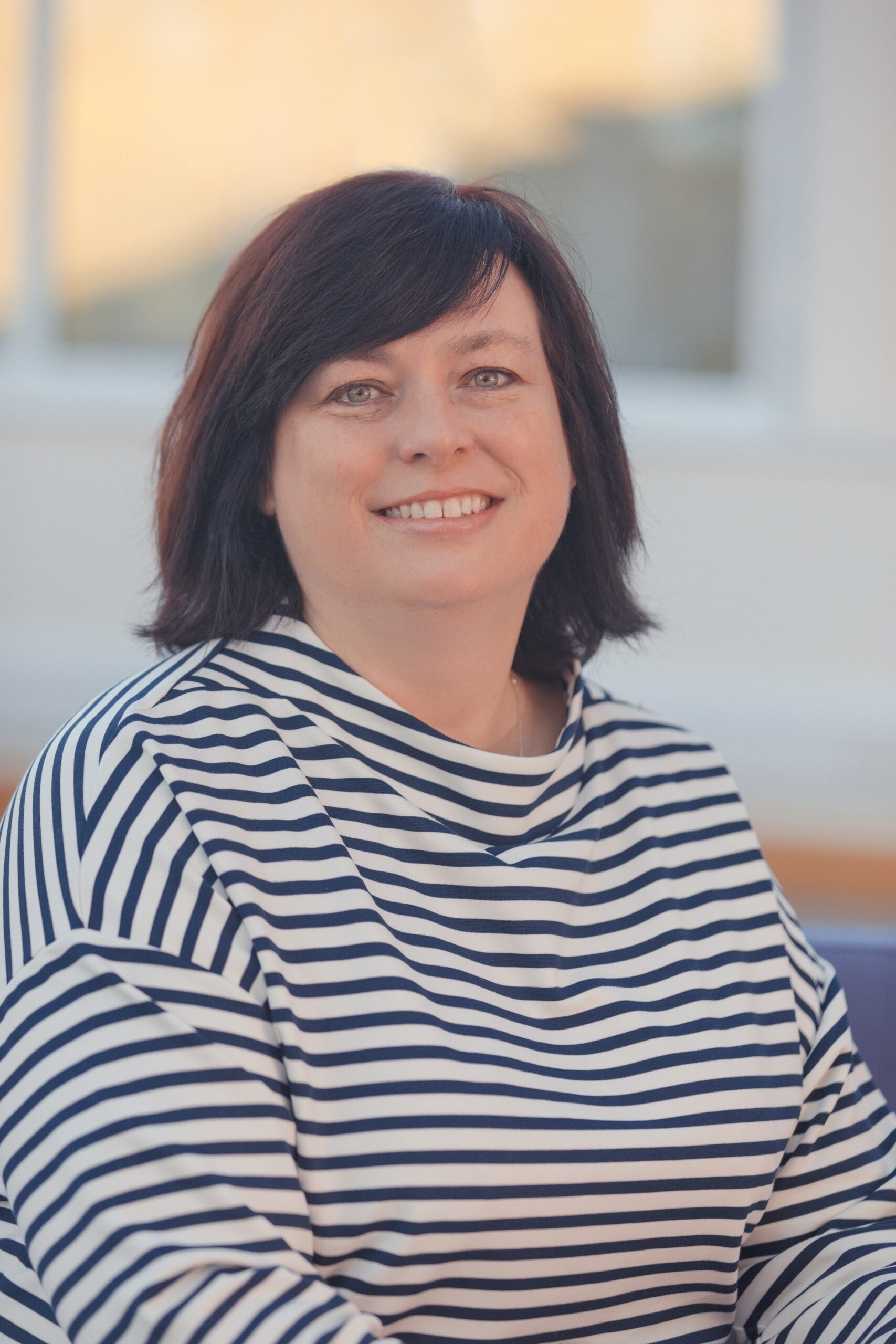Last week, we ran our Mouse Embryo and Spermatozoa Cryopreservation course for the 30th time, providing attendees with valuable practical experience in techniques routinely used by our archiving team, and enabling them to take those skills back to their own facilities.
Cryopreservation guarantees long-term storage of embryos and sperm, providing a convenient way to preserve, protect, and transport mouse lines for use in research. As well as being more convenient, cryopreservation also contributes to our long standing commitment to the 3Rs (replacement, reduction and refinement of the use of animals in research), as it reduces the need for continued animal breeding and removes the need to ship live animals. Our course aims to encourage this change in practice and trains people so that they know how to cryorecover the mouse lines when receiving frozen sperm or embryos sent out by the National Mouse Archive, here at MRC Harwell.



The course has been run by Martin Fray, Sue Allen and the rest of the Frozen Embryo and Sperm Archive (FESA) team since 2004, and has trained nearly 200 attendees from 27 countries. In the last 18 years the field has seen many significant changes and Martin and Sue are always keen for new technological developments to be included in the course as soon as possible, such as their recent move away from the use of mouth pipettes to a manually controlled system, which, as well as avoiding concerns raised by the COVID-19 pandemic, they find is also quicker to learn.
Another important recent change has been the opening of our Advance training centre, which hosts many of the practical sessions, as well as providing a more comfortable and relaxing environment for workshops, discussions, and networking over coffee breaks – Martin: “It really has taken the training experience to another level”. By reducing the time spent by attendees in getting changed to go in and out of the mouse facility, and by having meeting rooms immediately next to the lab space, the course now has more time to include contributions from teams other than FESA. This enables discussion about other related work, including animal husbandry and gene delivery, ensuring that attendees can have their questions answered by the relevant experts who do the work every day.






For attendees at last week’s course, the best features of the course include “the amazing opportunity to have one-on-one access” to “really easy to talk to” trainers—meaning that the course is adaptable to different levels of experience—and the way in which our trainers “remain a resource even after the course has finished”, as we encourage the delegates to remain in contact and keep asking questions after returning to their institutions. This is important, as the techniques taught are not ones that can be learnt to perfection in just a few days, but ones that need practice and experience. One attendee also commented on how much they appreciated that our trainers want them to succeed and give them “tips and tricks between the lines” to share their expertise and experience.
Importantly, running the course is also a good experience for members of the FESA team who spend most of the week providing one-on-one training to course attendees, as they appreciate the opportunity to develop their teaching skills, and value how the course forces them to think about why they perform their methodologies in a particular way. As many members of the team are quite new, they also appreciate that teaching enables them to recognise how much they’ve learnt and how they have become an expert in their field.
Our Cryopreservation course will next be run in March 2023 and again next autumn. To find out more and register interest for future courses, please visit our Advance Course Portfolio page.



